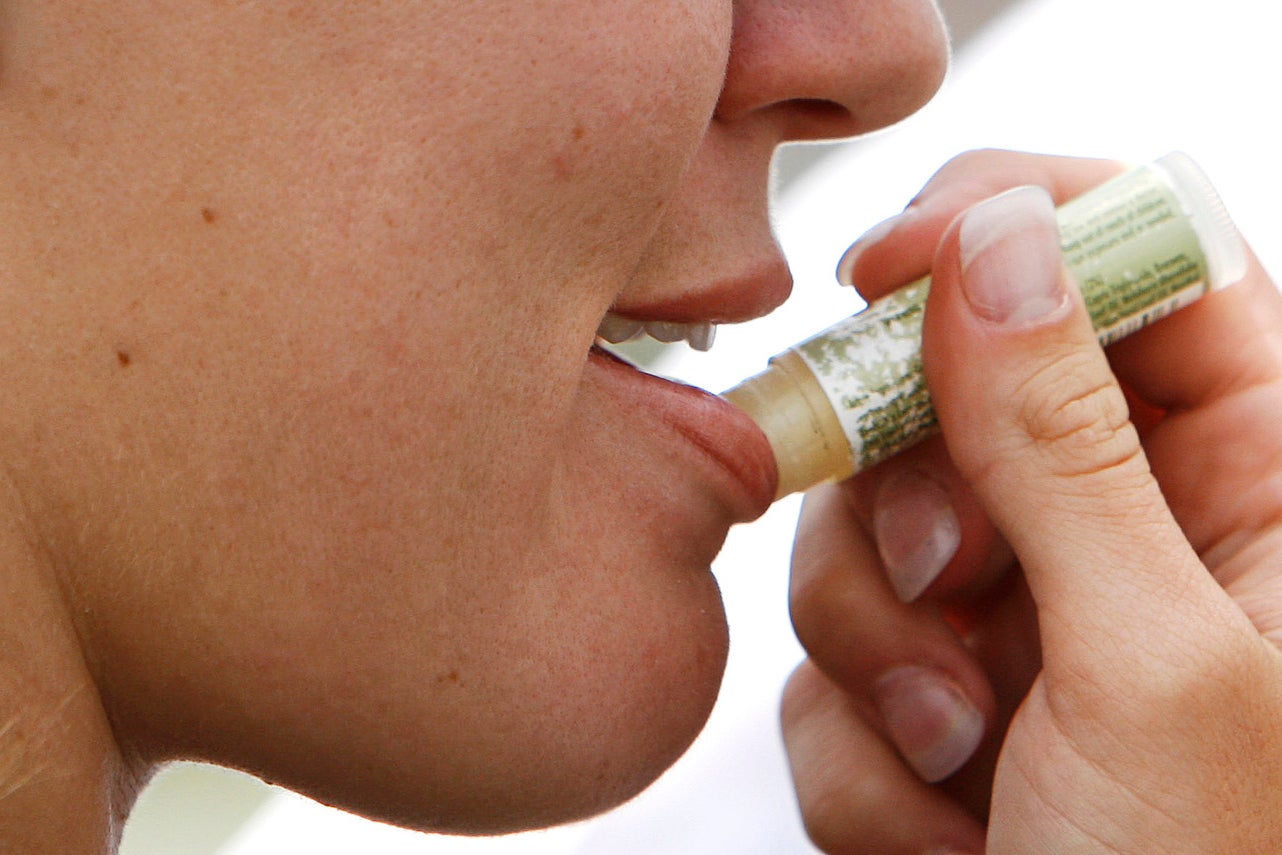
If you have dry, cracked lips you’ll likely reach for the perfect antidote - lip balm.
But - does the humble lip balm actually do anything to soothe flaking.... or can it make the situation worse?
Dry lips and winter weather go hand in hand. This is because your skin is going from the cold outdoors to low-humidity conditions indoors, which can strip moisture from the lip.
Expert Dr. Jenna Lester said lip balm can help combat this.
“That is a good barrier for the external forces," like against cold wind, said Lester, a dermatologist at UCSF Health.

Does lip balm work?
For most, lip balm is a worthy ally in the fight against chapped lips. But some people can't take fragrances, flavors and preservatives found in popular balms. When applied, they can sting instead of soothe.
“Those are the people who will say, ‘I tried these things. I thought my lips would get better, but they just keep getting worse and worse,’” said Dr. Caroline Mann, a dermatologist at Washington University School of Medicine in St. Louis.
Ingredients to look out for include flavoring additives and lanolin, a waxy substance that comes from sheep and is found in many moisturizers. A preservative called formaldehyde and an ingredient in chemical-based sunscreens called oxybenzone can also trigger allergies.
These allergic reactions are driven by our immune systems, Mann said. They can happen at any time, after any number of product uses and can last for months after using.
A fragrance-free, petroleum-based balm — commonly listed as petrolatum on the label — may be the safest bet for people with sensitive lips, dermatologists recommend.
How to soothe chapped lips
There are lots of ways to soothe dry lips without lip balm. Consider covering lips with a scarf when outside or running a humidifier indoors to stave off the dry air. Dehydration can cause dry lips so drinking water is another safe bet.
One reflex to avoid: lip-licking. While licking lips may provide short-term relief, the saliva can evaporate quickly and suck more moisture along with it, drying lips out even more.
If you cut back on balms but your lips are still stinging, consider seeing a dermatologist to learn more.
“If you do these things, you’ll get through the winter with soft, supple lips," Mann said.







